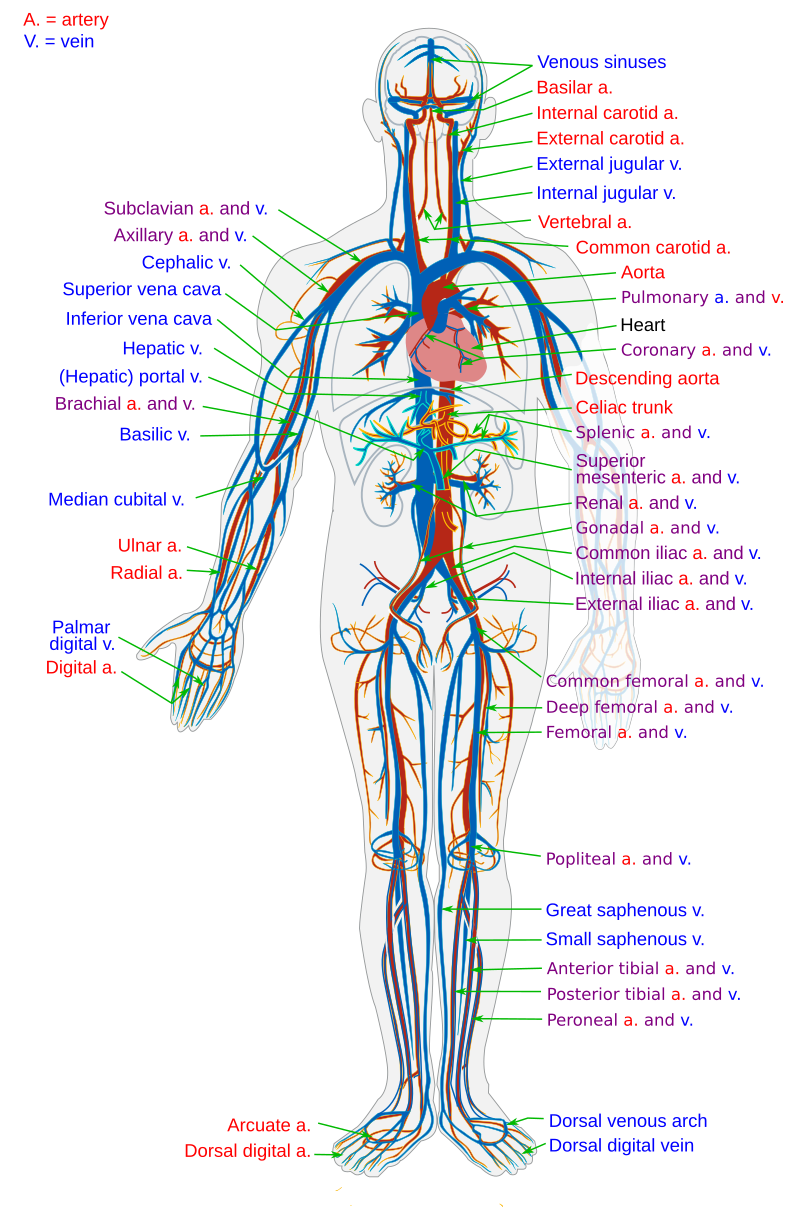£2.5 Million Clinical Trial to Enhance Treatment for Blocked Leg Arteries

A groundbreaking clinical trial, funded with £2.5 million from the National Institute for Health and Care Research (NIHR), has been initiated to evaluate the efficacy of different blood-thinning medications for patients suffering from blocked leg arteries, a condition prevalent among individuals with diabetes and smokers. The trial, named CLARITY PAD (CLopidogrel, Aspirin and RIvaroxaban after revascularisation with angioplasTY for limb threatening Peripheral Arterial Disease), is spearheaded by the North Bristol NHS Trust in partnership with the University of Bristol and the Centre for Trials Research at Cardiff University. It aims to compare three commonly prescribed blood-thinning medications: clopidogrel, aspirin in combination with clopidogrel, and aspirin in combination with rivaroxaban.
Blocked leg arteries can lead to severe health complications, including the risk of amputation and mortality, if not properly managed. According to Mr. Chris Twine, Consultant Vascular Surgeon at North Bristol NHS Trust and Chief Investigator of the trial, more than 4,000 angioplasty procedures are performed annually in the UK to enhance blood flow in the legs. Post-procedure, patients are typically prescribed blood thinners to reduce the likelihood of re-blockage and associated risks such as heart attacks and strokes. However, there remains a significant gap in knowledge regarding which blood thinner or combination is most effective.
Dr. Philip Pallmann, Principal Research Fellow in Statistics at the Centre for Trials Research at Cardiff University, emphasizes the critical nature of this research, stating, 'Our trial will investigate which blood-thinning treatments after angioplasty are most clinically- and cost-effective in preventing complications post-angioplasty while providing the best medical treatments in patients with PAD.' The trial aims to recruit 1,239 participants from 20 to 30 hospitals across the UK, each receiving specific combinations of blood-thinning medications for up to three years.
The implications of this study are profound. Should the results indicate that a combination of blood thinners is more effective than a single medication, it is estimated that up to 1,600 lives could be saved and 800 amputations prevented annually in the UK. This could significantly alter clinical practices regarding the management of peripheral arterial disease (PAD), a condition that affects millions worldwide.
In an academic context, this trial represents the largest of its kind for chronic limb threatening ischaemia in the UK, and it responds to urgent research priorities for improving healthcare outcomes for patients suffering from this debilitating condition. As stated by Dr. Dave Gillespie, Director of Infection, Inflammation and Immunity Trials at the Centre for Trials Research, 'We are delighted to be working with Chris Twine on this important clinical trial. It builds on our portfolio of vascular and surgical research in the Centre.'
Recruitment for the CLARITY PAD trial commenced on January 14, 2025, marking a significant step forward in addressing the health challenges posed by blocked leg arteries. As the trial progresses, the outcomes are expected to provide valuable insights that could reshape treatment protocols and enhance quality of care for patients with PAD, thereby contributing to better health outcomes on a national scale. This trial not only highlights a critical area of need within the healthcare system but also reinforces the importance of collaborative research efforts in the medical field.
Advertisement
Tags
Advertisement





